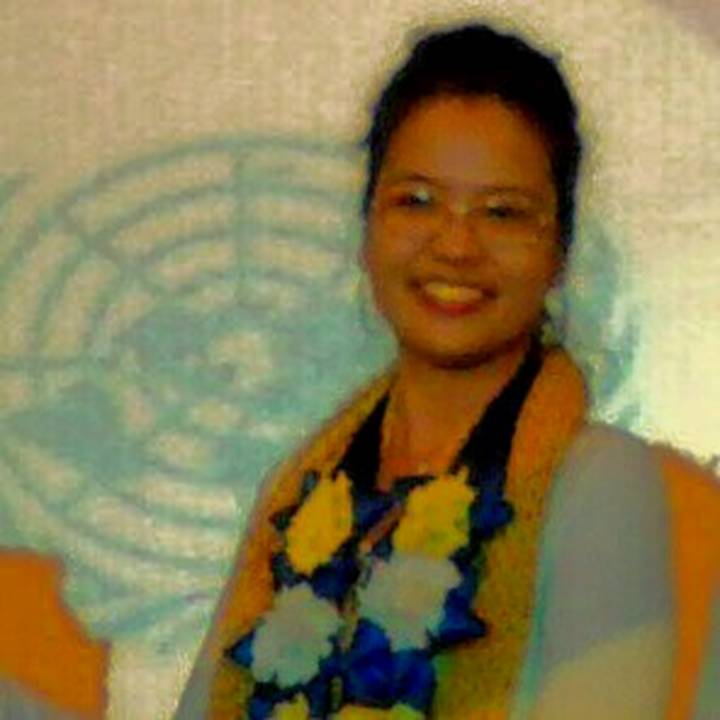"At the Group of Seven (G7) summit in Italy, United Nations Secretary-General António Guterres called world leaders to invest in young people, with stronger investment in technology and relevant education and capacity building in Africa.
Speaking at a session on reinforcing the partnership between the G7 and Africa, the Secretary-General noted that the international community has a role in helping the continent adapt as it heads for a new wave of industrialization.
“Failing to do so might have dramatic consequences for the well-being of the people of Africa; increase fragility, causing massive displacement and risking to boost unemployment, especially for young people,” Mr. Guterres told leaders at the two-day meeting in Taormina, Italy.
Noting that a majority of African countries have improved their competitiveness and business environments, the UN chief stressed: “Our shared challenge is to build on these gains and to change the narrative about Africa – from crisis-based narrative to an opportunities-based narrative. We know that the full and true story of Africa is that of a continent with enormous potential for success.”
Africa has the fastest growing youth population in the world, he added, who must be supported with education and training in tomorrow's jobs.
“High levels of youth unemployment are not only a tragedy for young people themselves, but can also undermine development and generate frustration and alienation that, in turn, can become a threat to global peace and security,” Mr. Guterres cautioned in his statements to leaders of Canada, France, Germany, Italy, Japan, the United Kingdom and the United States.
Investment in youth must include education and training for girls and women. Gender inequality is costing sub-Saharan Africa $95 billion a year, which at six per cent of the region's gross domestic product is “a needless loss of inclusive human development and economic growth,” the UN chief said.
He also called for moving manufacturing and traditional activities, such as agriculture, higher up the global value chain, as well as investing in infrastructure that links regions, countries and communities.
“Smart digital platforms, smart grids, smart logistics infrastructure can link urban and rural, and better connect the people of Africa to each other and the world,” Mr. Guterres stated, adding: “More than just the transfer of technology, we need to maximize the power of innovation for the people of Africa.”
Such support and innovation will help to achieve the Sustainable Development Goals (SDGs) and Africa's framework for socio-economic transformation, known as Agenda 2063."
Source: United Nations News Centre - With Africa in spotlight at G7 summit, Secretary-General Guterres urges investment in youth:
'via Blog this'
